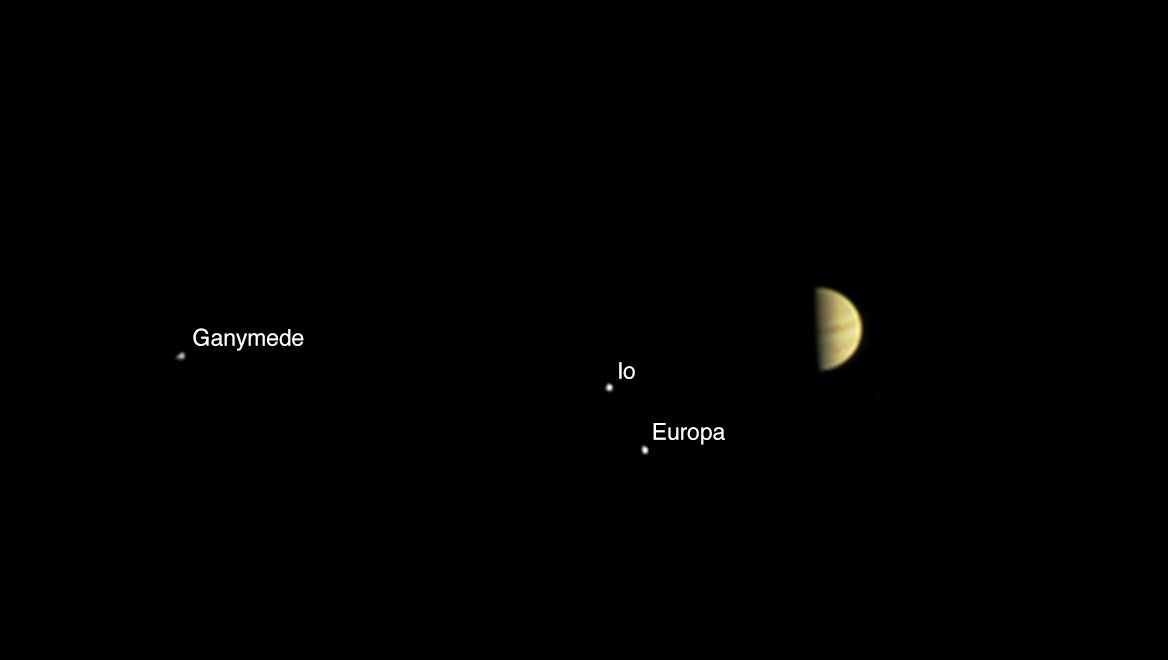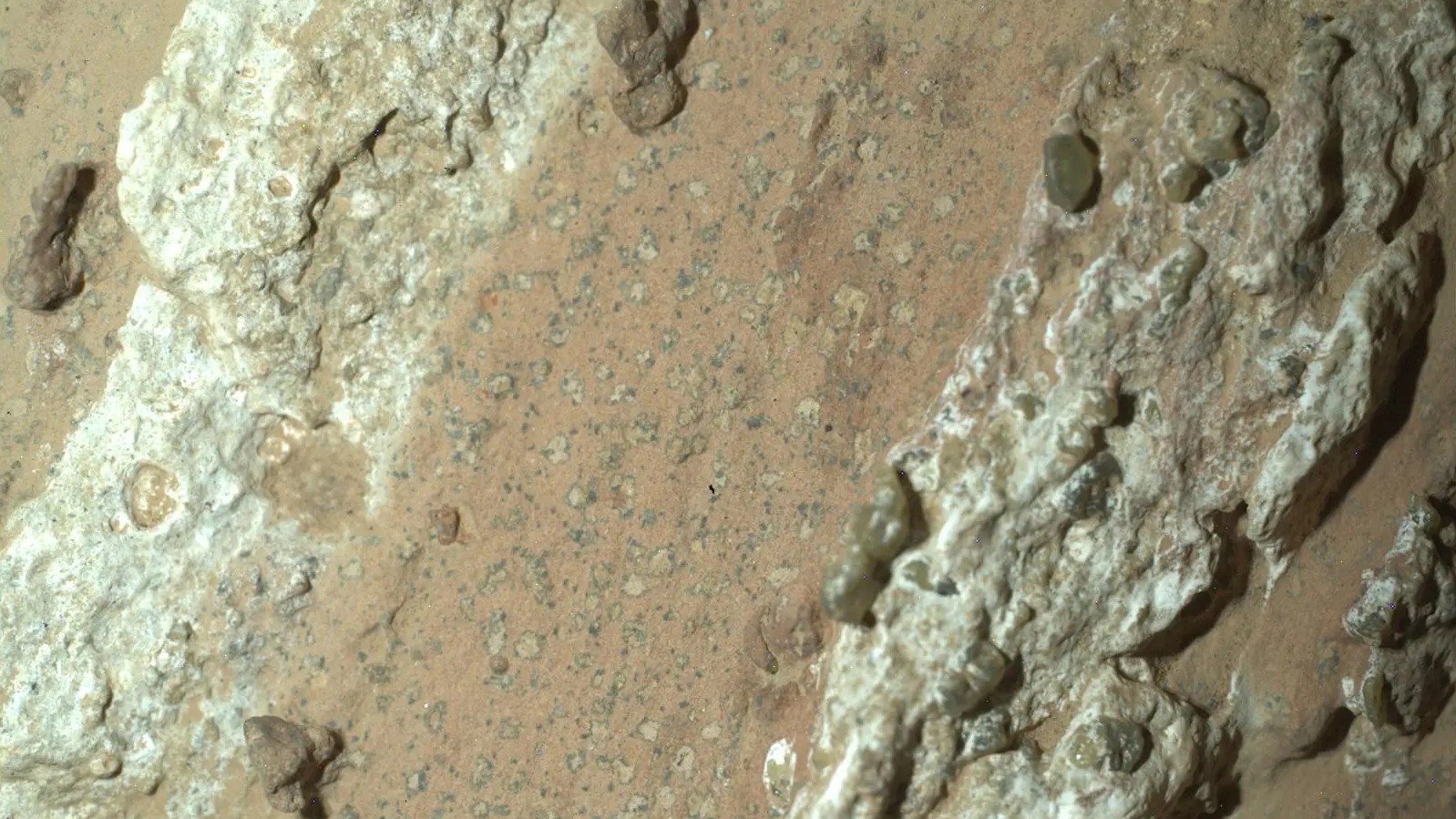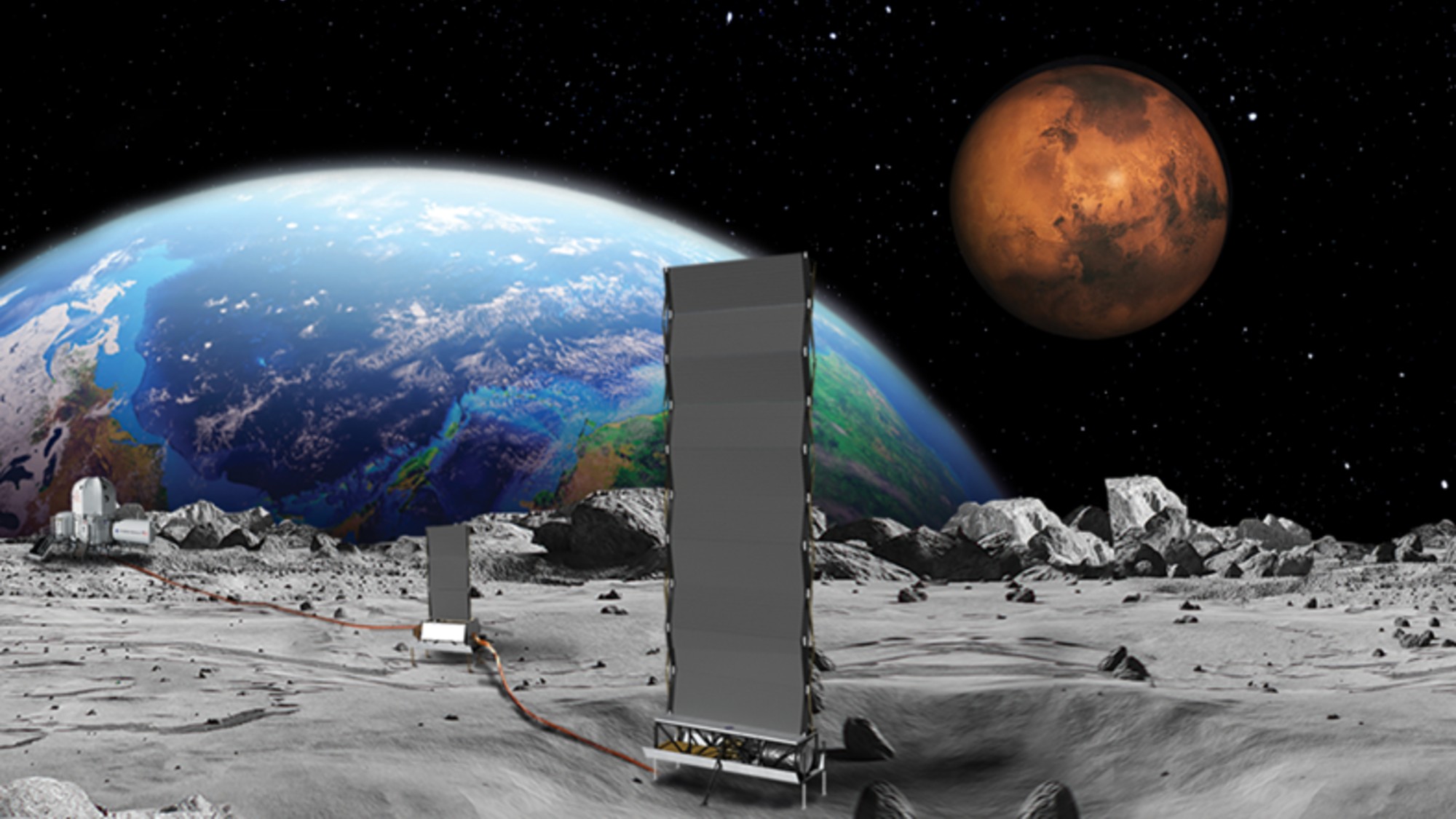5 years after its launch, Juno spacecraft just days away from Jupiter


A free daily email with the biggest news stories of the day – and the best features from TheWeek.com
You are now subscribed
Your newsletter sign-up was successful
After breezing through Jupiter's magnetosphere, NASA's Juno spacecraft is on track to begin orbiting the planet on the Fourth of July.
"We've just crossed the boundary into Jupiter's home turf," principal investigator Scott Bolton of the Southwest Research Institute in San Antonio said in a statement Thursday. "We're closing in fast on the planet itself and already gaining valuable data." Juno was fully inside Jupiter's magnetosphere, the largest structure in the solar system, by June 25, NASA said. The magnetosphere extends about 5 astronomical units beyond Jupiter (each AU is about 93 million miles), and if it "glowed in visible light, it would be twice the size of the full moon as seen from Earth," said Juno team member William Kurth of the University of Iowa.
Juno was launched in August 2011, and over the next 18 months, the spacecraft is scheduled to circle around Jupiter more than 30 times, using nine different scientific instruments to gather data. NASA hopes to map out the planet's magnetic and gravitational fields and determine if it has a core or not, Space.com reports, and also gain new information about the universe as a whole. "What Juno's really about is learning about the recipe for how solar systems are made," Bolton said.
The Week
Escape your echo chamber. Get the facts behind the news, plus analysis from multiple perspectives.

Sign up for The Week's Free Newsletters
From our morning news briefing to a weekly Good News Newsletter, get the best of The Week delivered directly to your inbox.
From our morning news briefing to a weekly Good News Newsletter, get the best of The Week delivered directly to your inbox.
A free daily email with the biggest news stories of the day – and the best features from TheWeek.com
Catherine Garcia has worked as a senior writer at The Week since 2014. Her writing and reporting have appeared in Entertainment Weekly, The New York Times, Wirecutter, NBC News and "The Book of Jezebel," among others. She's a graduate of the University of Redlands and the Columbia University Graduate School of Journalism.
-
 The broken water companies failing England and Wales
The broken water companies failing England and WalesExplainer With rising bills, deteriorating river health and a lack of investment, regulators face an uphill battle to stabilise the industry
-
 A thrilling foodie city in northern Japan
A thrilling foodie city in northern JapanThe Week Recommends The food scene here is ‘unspoilt’ and ‘fun’
-
 Are AI bots conspiring against us?
Are AI bots conspiring against us?Talking Point Moltbook, the AI social network where humans are banned, may be the tip of the iceberg
-
 NASA’s lunar rocket is surrounded by safety concerns
NASA’s lunar rocket is surrounded by safety concernsThe Explainer The agency hopes to launch a new mission to the moon in the coming months
-
 Blue Origin launches Mars probes in NASA debut
Blue Origin launches Mars probes in NASA debutSpeed Read The New Glenn rocket is carrying small twin spacecraft toward Mars as part of NASA’s Escapade mission
-
 Dinosaurs were thriving before asteroid, study finds
Dinosaurs were thriving before asteroid, study findsSpeed Read The dinosaurs would not have gone extinct if not for the asteroid
-
 Africa could become the next frontier for space programs
Africa could become the next frontier for space programsThe Explainer China and the US are both working on space applications for Africa
-
 NASA reveals ‘clearest sign of life’ on Mars yet
NASA reveals ‘clearest sign of life’ on Mars yetSpeed Read The evidence came in the form of a rock sample collected on the planet
-
 SpaceX breaks Starship losing streak in 10th test
SpaceX breaks Starship losing streak in 10th testspeed read The Starship rocket's test flight was largely successful, deploying eight dummy satellites during its hour in space
-
 Rabbits with 'horns' sighted across Colorado
Rabbits with 'horns' sighted across Coloradospeed read These creatures are infected with the 'mostly harmless' Shope papilloma virus
-
 Why does the US want to put nuclear reactors on the moon?
Why does the US want to put nuclear reactors on the moon?Today's Big Question The plans come as NASA is facing significant budget cuts
